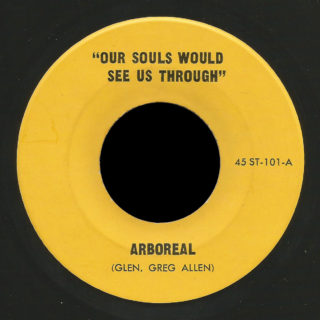 This single by Arboreal was a mystery to me, the only names on the label are Glen, Greg Allen, and no label name or address. Even the deadwax only repeats the 45-ST-101 A/B on the labels. When I first wrote this post in late October, 2016, there was no info on the ‘net, nothing.
This single by Arboreal was a mystery to me, the only names on the label are Glen, Greg Allen, and no label name or address. Even the deadwax only repeats the 45-ST-101 A/B on the labels. When I first wrote this post in late October, 2016, there was no info on the ‘net, nothing.
Obviously it’s not ’60s garage but sounds like mid-late 70s rock, without much punk influence. The opening of “Our Souls Would See Us Through” reminds me a little of Wire, but that’s as far as it goes. “16 Years Old” gives more attitude, but both songs have an original sound that can’t be pegged to any movement or sound from the time. The songs are in stereo.
As it turns out, Arboreal were two brothers, Greg Allen and Glen Allen, originally from Nutley, New Jersey but living in New York City when they went into a studio as early as 1968 and cut the songs on this single.
My friend Jason of Rip It Up R.I. and The Basement Walls did some excellent sleuthing and contacted Steve Simels of the Power Pop blog who had been in the Floor Models with Glen Robert Allen in the 1980s.. Glen wrote a long history of the band.
The entire post is worth a read, but the relevant paragraphs are:
Greg and I had a clunky but good sounding Telefunken tape recorder and, later, a Sony that had sound-on-sound,as it was called back then. We could overdub ourselves. Many Dada-esque tunes were recorded, and some attempts at “real” music as well.
But in ’68 I took up guitar, and we wrote and recorded more in earnest. By then our family had been in NYC for about a year. Greg and I decided to record in an actual studio.
An older classmate of mine, Jon Fausty, was working in a studio that specialized in Latin music. The first day in the studio the equipment went south, wouldn’t work. I was actually relieved, for although Greg and I had performed in public and had recorded at home, this was A STUDIO! Where RECORDS WERE MADE!
The next day the gear was in working order, and I had shaken off the nerves. After all, I did have long wavy hair, a cool turquoise ring, a Superman-logo’d tee shirt, tie-dyed jeans, and, most of all, my ’68 Gold-Top Les Paul Standard on which I had mastered the three essential chords.
I also loved the name we’d devised: Arboreal. We always had a thing for chimps, and we both probably would’ve proposed to Jane Goodall.
Greg was a metronomic drummer, a better time-keeper than me (‘though I keep good time!). But who knew at the time that left handed drummers set up their drums differently than righties? Not us — we’d only seen righties ever play.
Nontheless, with Greg keeping time and me on guitar, bass and vocals(!), we cut “Our Souls Would See Us Through,” which Greg wrote the lyric for, and “Sixteen Years Old,” which I wrote.
The chorus on “Sixteen…” was originally “Things are pretty shitty when you’re sixteen years old..” But for the sake of mass appeal and radio play, I cleverly changed “shitty” to “sickening”. A move of rare genius, though I missed the sheer beauty of the “pretty/shitty” rhyme scheme.
Greg, in true mystical metaphoric mode, came up with “we gazed into each other’s eyestreams, until we met each other’s dreams.” And to think — “eyestreams” was hardly ever used back then!
We printed 100 45’s, sent them out to several record companies, and waited for the offers to roll in. Some of the rejection letters came on very nice stationery. Some with encouraging comments and actual signatures!
As I recall, Pickwick, a budget label, made an offer, but we held out for the big fish. That fish is still swimming merrily out there somewhere….
I’d like to hear some of the Allen brothers other early tapes, they obviously had a very original approach to rock music.
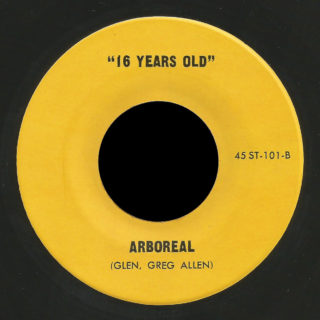



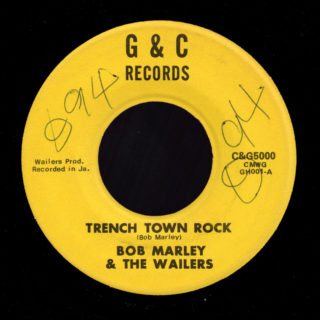


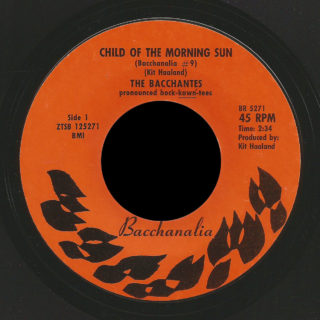
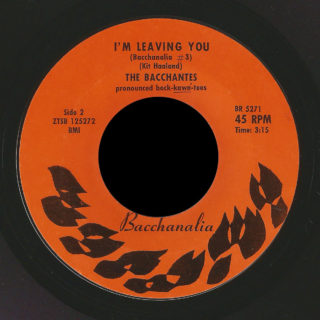

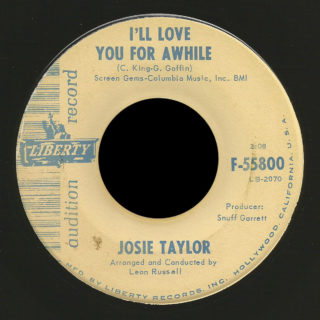
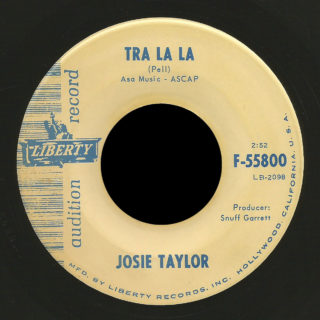




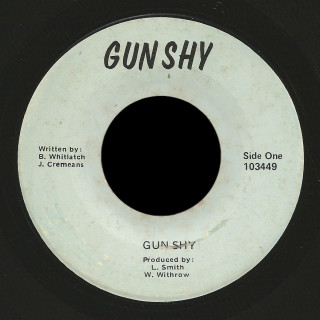
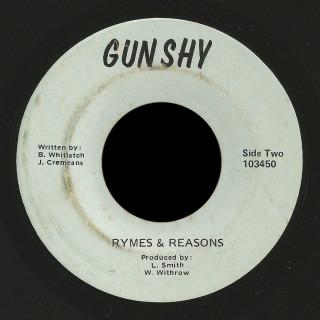

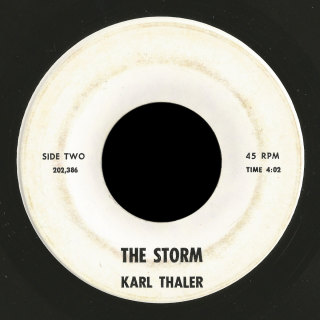
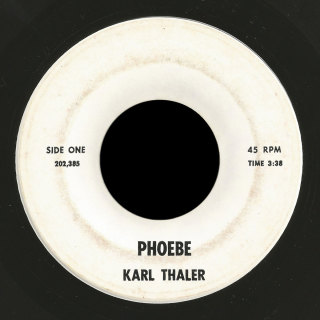

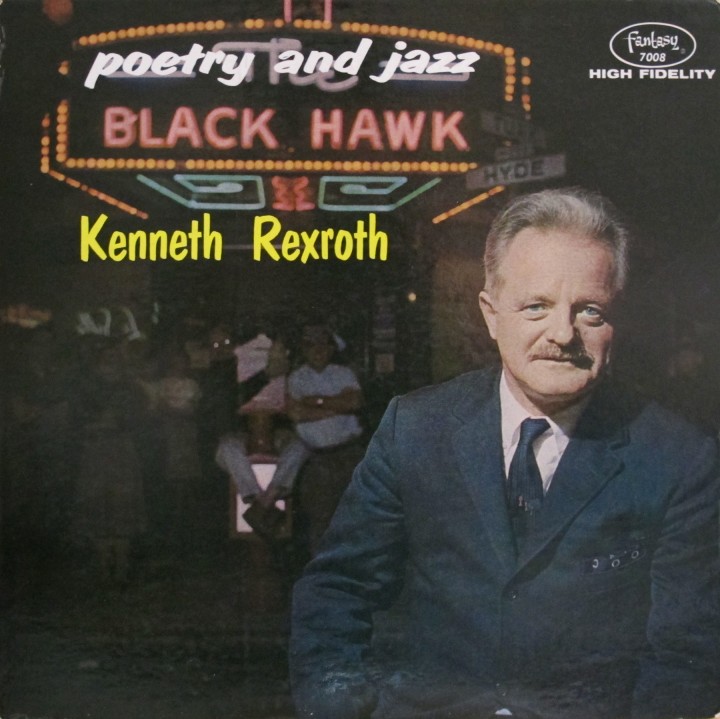
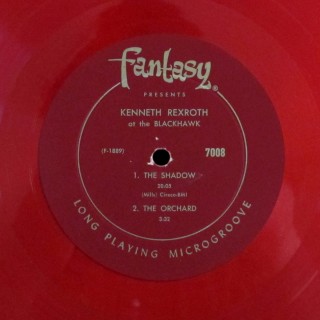
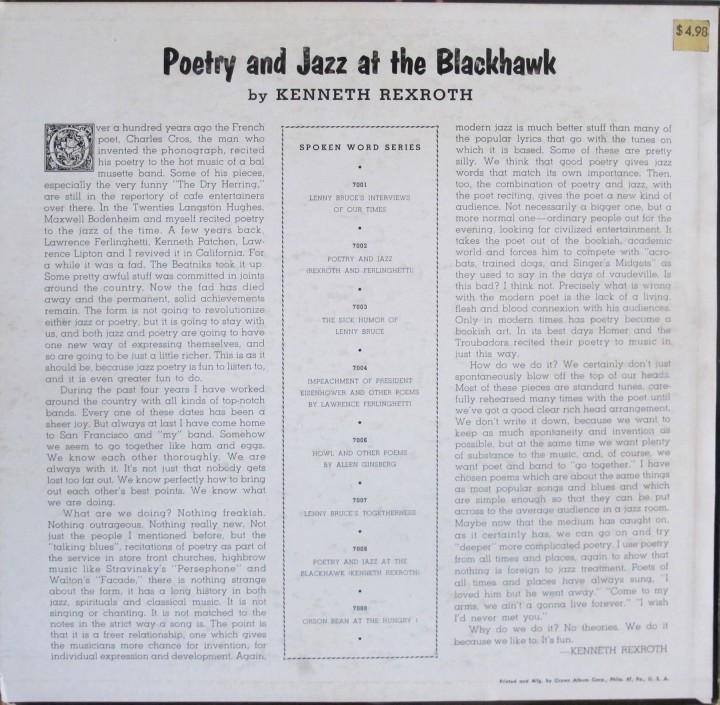
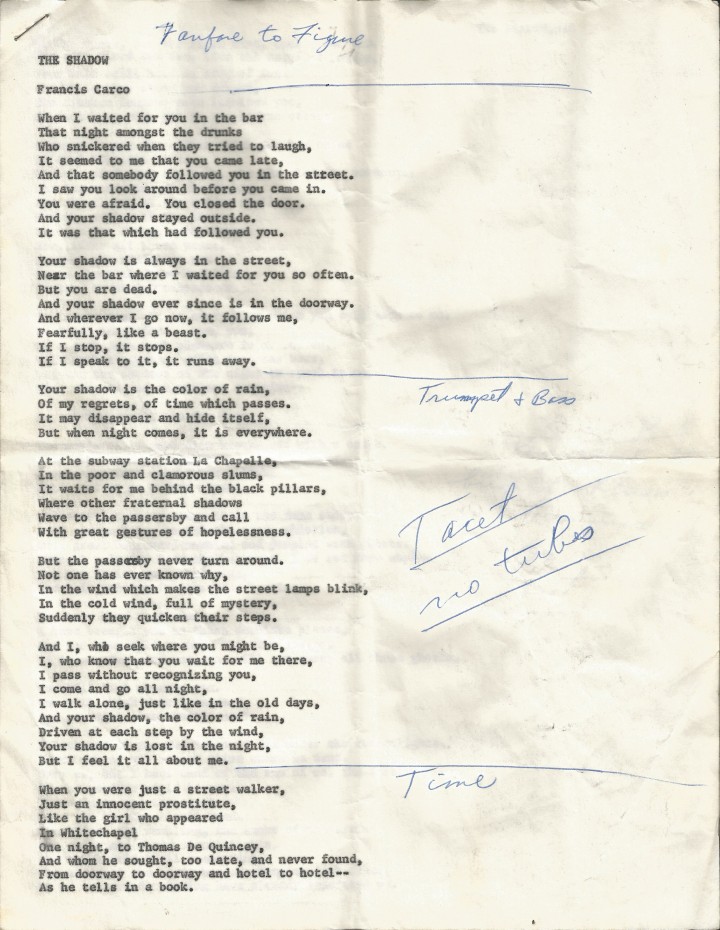
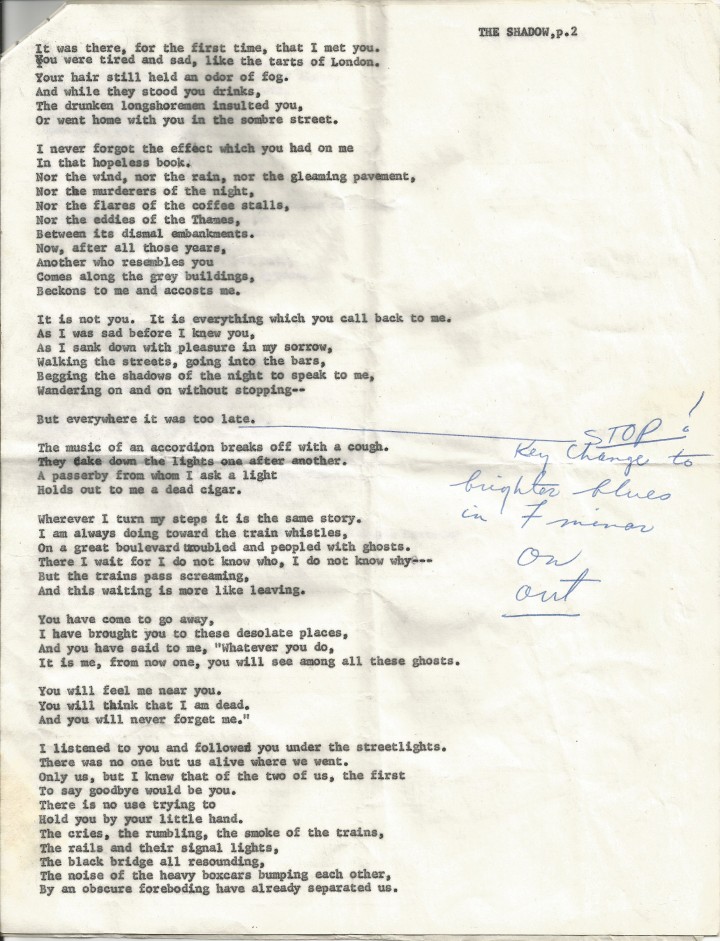
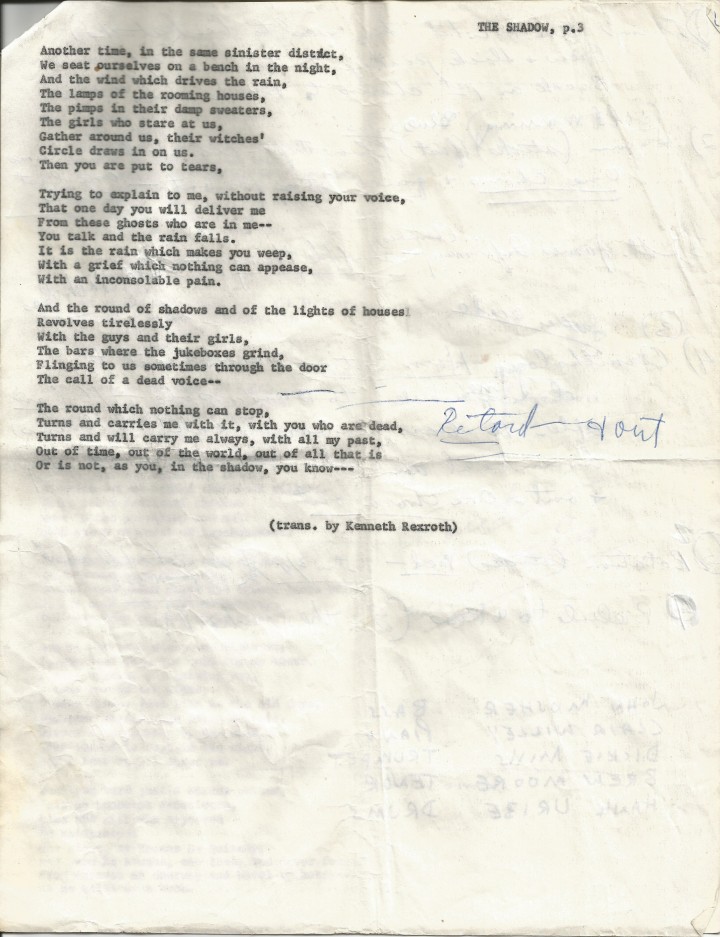
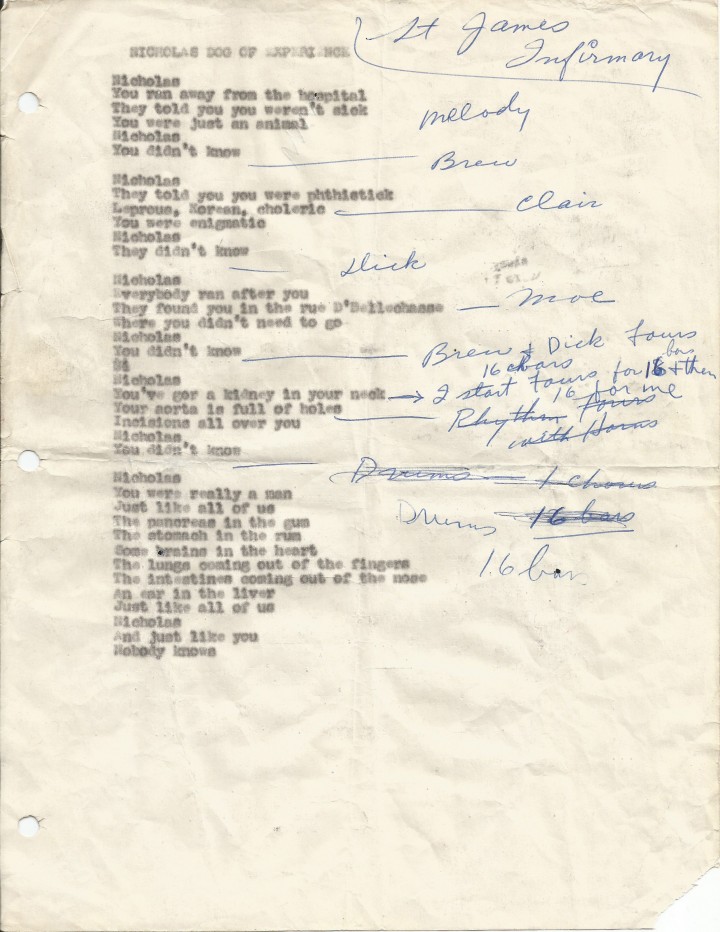
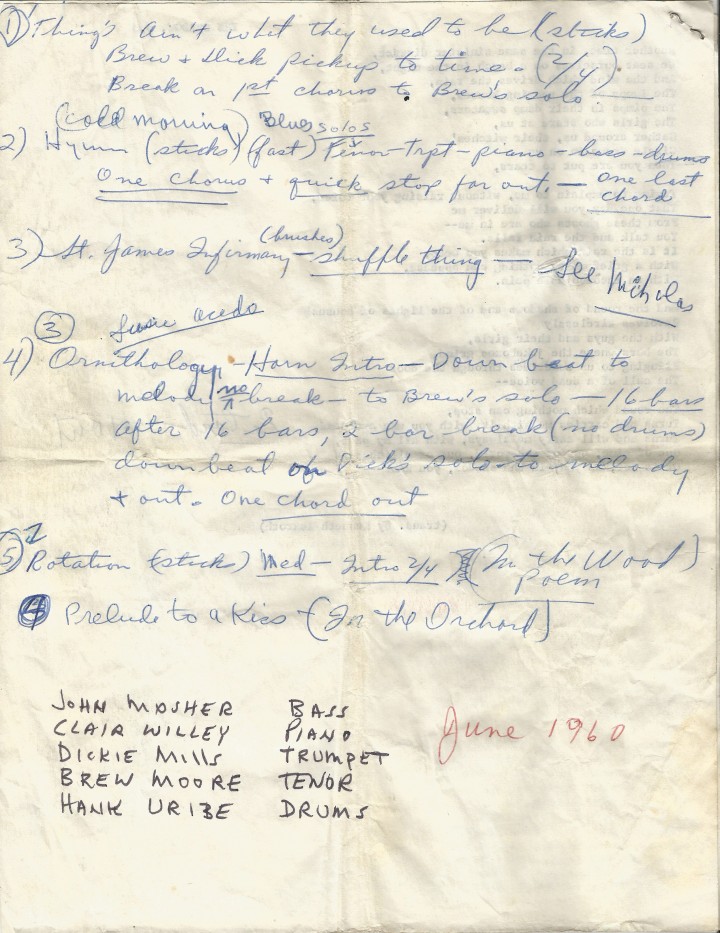
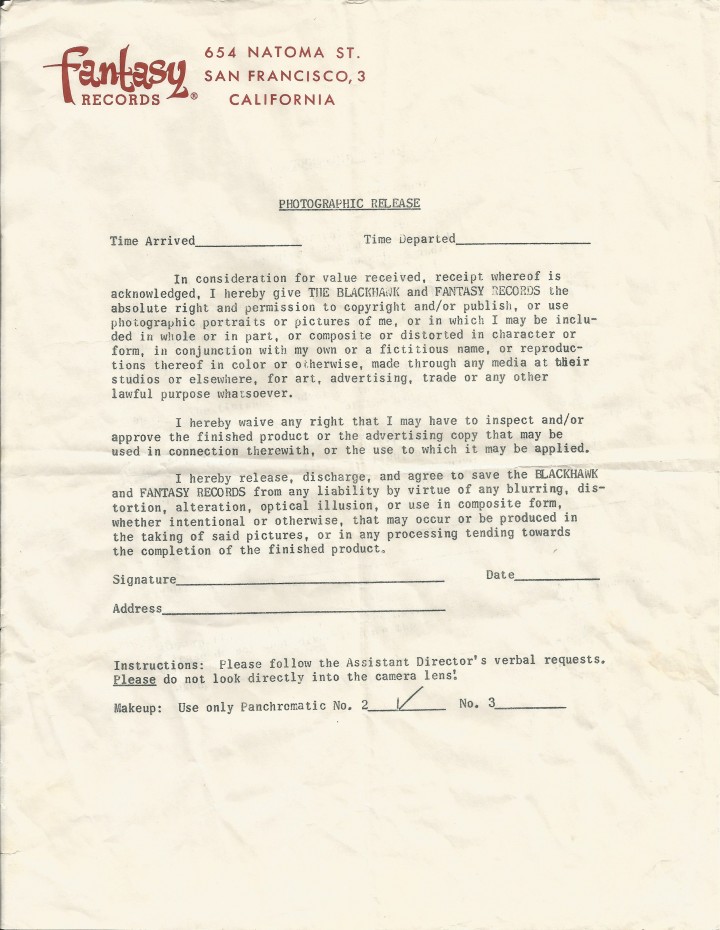

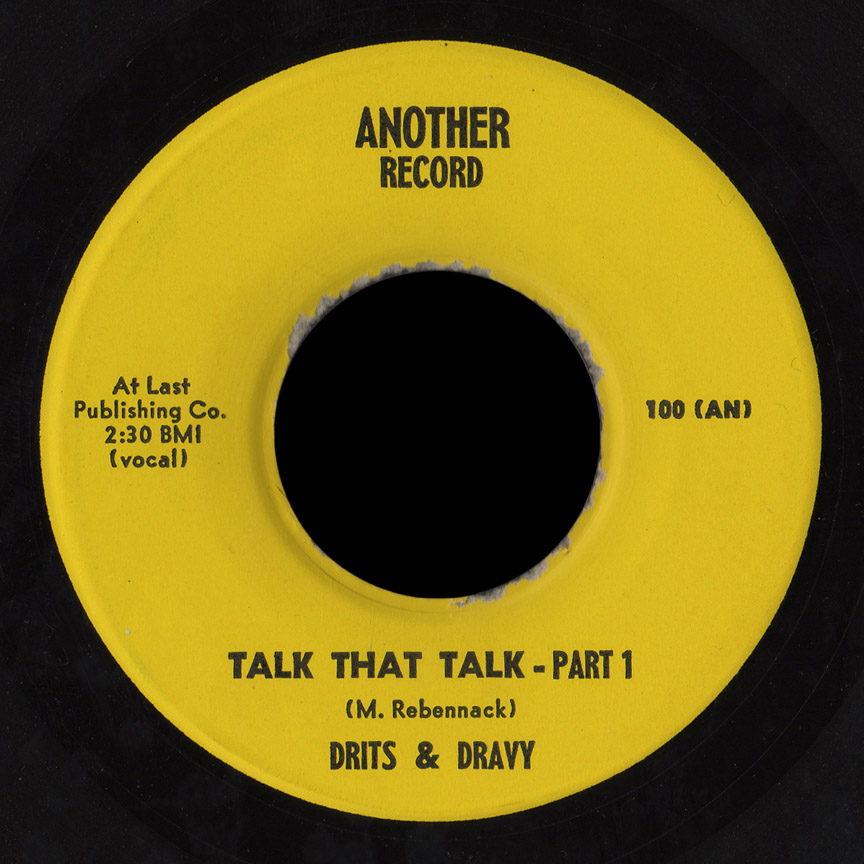 Just a few days after I added Nick’s article on former Daily Flash guitarist Doug Hastings’ time with
Just a few days after I added Nick’s article on former Daily Flash guitarist Doug Hastings’ time with